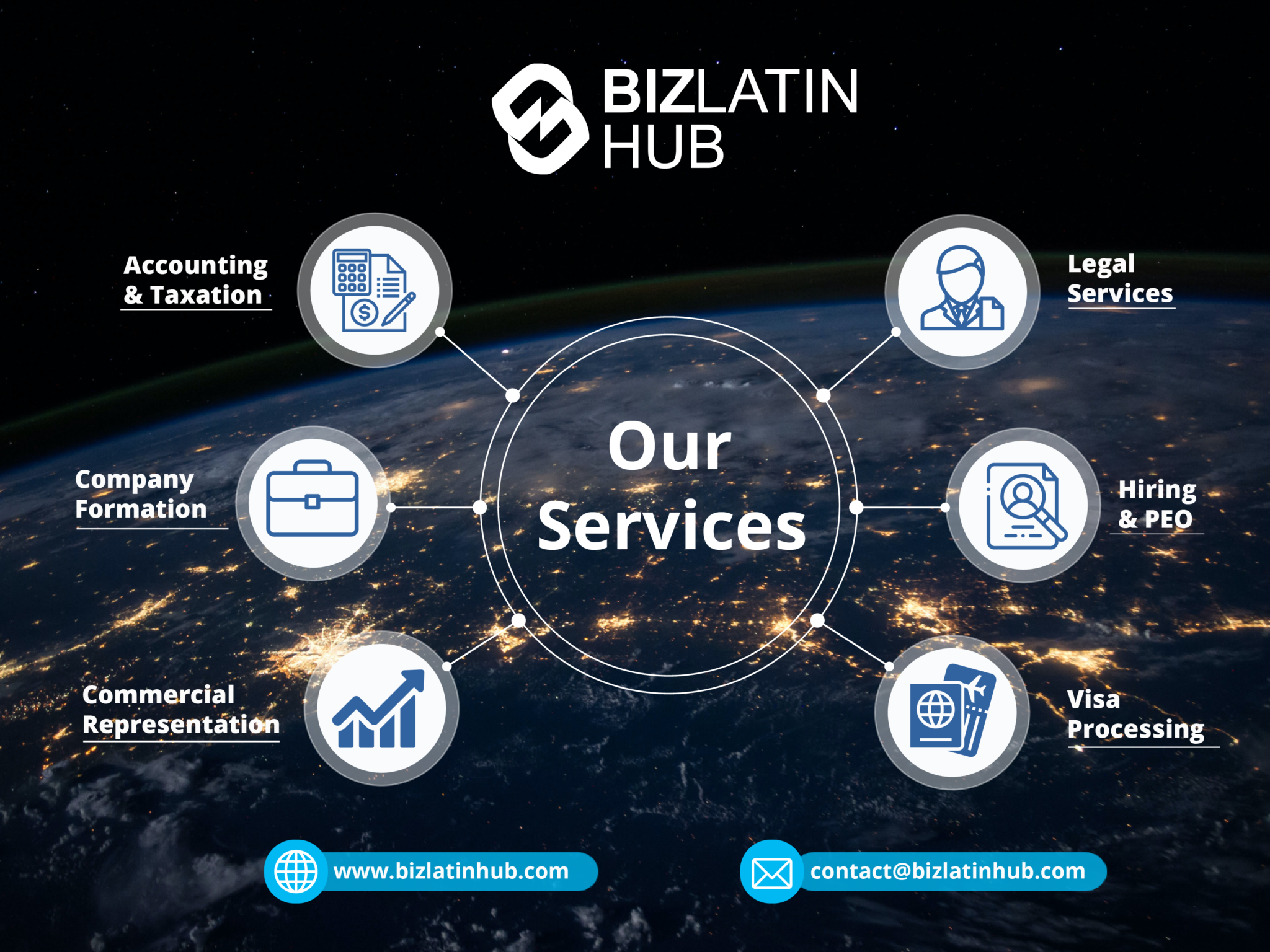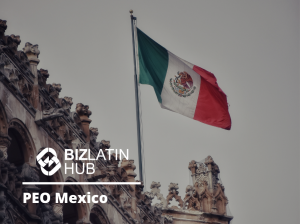At the beginning of 2020, new digital tax regulations were introduced for Mexico’s digital services. These new laws were implemented on 1 June 2020 and have been taking full effect.
Increases in technology investment by the Mexican government, coupled with pro-private investment schemes, will encourage multinationals to view Mexico as a viable locale for centers focused on emerging technologies, such as artificial intelligence (AI), the Internet of Things (IoT), and cybersecurity. Due to emerging technologies, traditional Mexican industries are reinventing themselves to promote tax compliance within the country.
Keep reading to find out more about Mexico’s digital services tax and how to get support for your business.
An overview of Mexico’s Value Added Tax Law (VATL)
Mexico’s Value-Added Tax Law (VATL) demands the collection of value-added tax (VAT) at a standard rate of 16% on certain Mexico’s digital services provided by foreign suppliers to customers located in the country. In order for suppliers to fall under the digital services tax, no taxable presence in Mexico is needed.

The VATL is placed on both business-to-business (B2B) and business-to-consumer (B2C) transactions. As a result, all suppliers are subject to the new legislation, assuming their services are taxable and fit the VATL’s definition of digital services.
Even though some human intervention may be involved in Mexico’s digital services, taxable digital services are typically automated, provided online, and subject to a fee paid by a local customer. Whether a customer is based in Mexico is determined at checkout by the following triggers:
- A Mexico-based intermediary is used to make a payment.
- The customer’s phone number or address is in Mexico.
- A Mexican IP address is used.
Taxable digital services in Mexico
Mexico’s digital services have determined income on the following electronic-based supplies, and which ones are liable to VAT in the country. These are divided up into two main categories:
- Category 1: Those that provide for the download/access to images, movies, music, text, information, video, gaming, ring tones, news online, traffic, weather, online clubs, dating sites, and other multimedia content, on-line learning, tests, and exercises.
- Category 2: Those that perform intermediation services between potential sellers and buyers of products and services.
However, there are some items that do not appear on this list. Items such as electronic books and online news are exempted from VAT.
Understanding Mexico’s digital services and operating a company in the country can be challenging without the right guidance and support. Given the depth of business opportunities throughout the country, it is no surprise that smart businesses are setting up offices in Mexico. Filing of returns and transaction details are required on a monthly basis under these new digital services for tax, therefore, it is vital for your business to have professional and trustworthy help.
Biz Latin Hub has offices in key Latin American jurisdictions supported by a team of local and professional experts that can help you to successfully operate in the region, including accounting and taxation services. Learn more about doing business in Latin America.
For more information, please contact us and find out how our local team can assist you.





